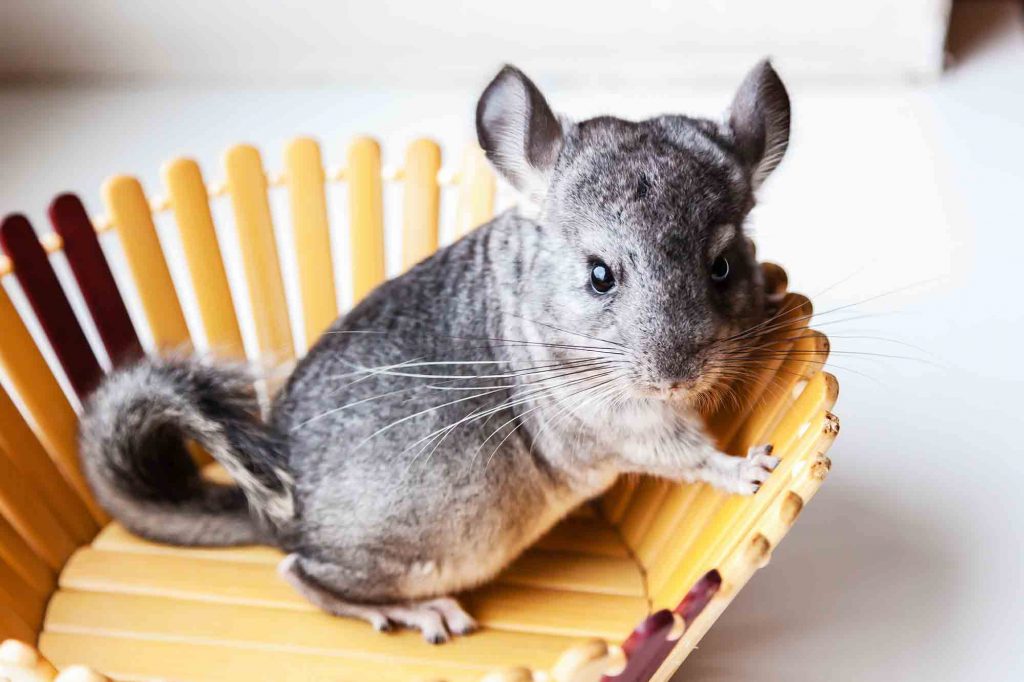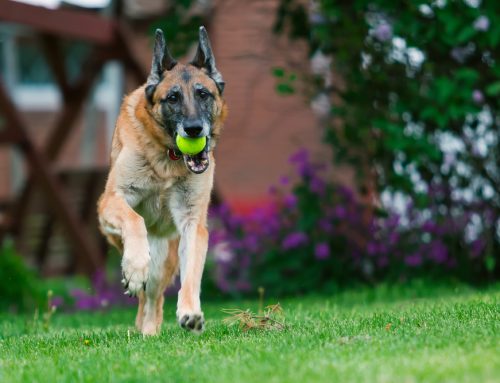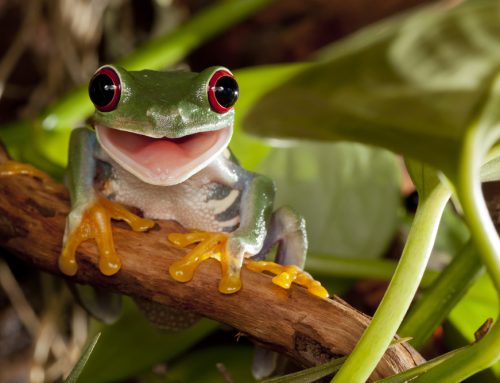 It’s fairly commonplace for dogs and cats to live long enough to earn their senior stripes. But what about exotic senior pets?
It’s fairly commonplace for dogs and cats to live long enough to earn their senior stripes. But what about exotic senior pets?
With advancements in wellness care, good husbandry, and better-than-ever treatment options, it is no surprise that all species are living longer lives than ever before. Caring for an older exotic pet is a little different than caring for a young one, though.
Do you know your stuff when it comes to caring for exotic senior pets? Billings Animal Family Hospital is here to get you up to speed.
Only as Senior As You Feel
When exactly, is your pocket pet or exotic friend considered a senior? Every species has a different expected lifespan, so it is important to be familiar with how long you can expect your unique pet to live. In general, anything in the second half of a predicted lifespan can be considered senior.
In the second half of life, all species tend to need a little extra TLC. Pay attention to your pet, as all animals age at different rates and may have different needs at different points.
Keeping Tabs
Most species of exotic and pocket pets are evolutionarily designed to keep signs of illness and disease under wraps. This means that the responsibility falls on you as a good caretaker to be on the lookout for subtle signs that a problem might exist.
Pay close attention to your little friend’s eating, drinking, resting, grooming, and bathroom habits. Even minor deviations from the norm can signal something serious. Other signs that your pet needs attention immediately include:
- Weakness
- Incoordination
- Changes in personality
- Changes in breathing
- Vomiting
- Loose stools or diarrhea
- Seizures
- Blood in the urine or feces
- Straining or inability to urinate
- Loss of appetite
- Limping
- A bird retreating to the bottom of the cage
- Changes to feathers
- Drainage from the eyes or nose
- A distended belly
- Swellings or bumps
Caring for Exotic Senior Pets
Caring for exotic senior pets is similar to caring for any senior pet. A little extra care goes a long way. Be sure to:
Provide good nutrition – You are what you eat, and this becomes even more important as we get older. We are happy to discuss your species individual nutritional needs with you to be sure he or she is getting adequate fiber, protein, minerals, and the like. Regularly weighing your pet can also help keep you alert to subtle weight loss.
Give them a leg up – Many species experience arthritis as they age. Be sure that your pet can access food, water, and shelters easily.
Keep them cozy – Senior pets often cannot regulate their own body temperature as effectively. Climate control is important as are heat sources for appropriate species.
Wellness is everything – Bringing your pet in for routine examinations and discussions with us is extremely important. We may also recommend screening blood tests and/or radiographs (x-rays) depending on the species. Please ask if you are unsure how or when to bring your pet in to see us.
These special little critters can bring so much joy into our lives, they deserve good care into their golden years. Caring for senior exotic pets doesn’t need to be difficult, especially when we are here to help.





